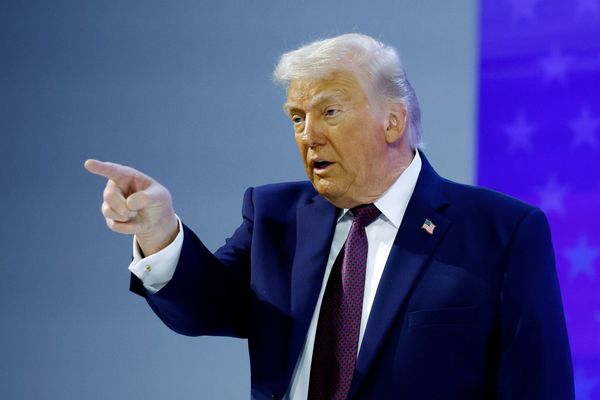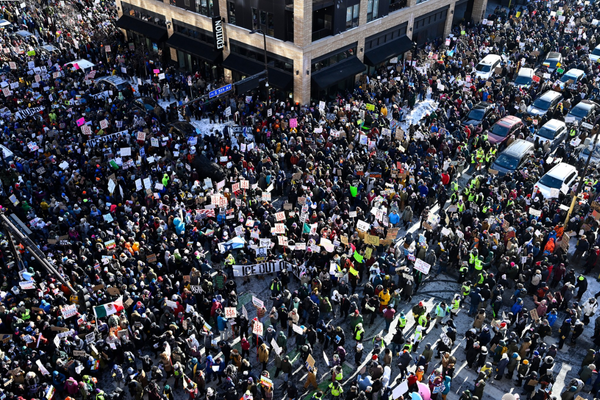
Rep. Marjorie Taylor Greene (R-Ga.) demands an end to Indian H-1B visas and U.S. military support to Ukraine, directly backing President Donald Trump's call to raise tariffs on India over its Russian oil trade.
Her remarks tie immigration, trade, and foreign policy into one of the GOP's sharpest critiques yet of U.S.–India ties.
Trump Accuses India Of Fueling Russia's War Economy
President Trump through a Truth Social post accused India of importing discounted Russian crude and reselling refined products "on the open market for big profits." He threatened to impose "substantial" tariffs if India continues the practice.
Trump's warning aligns with a growing chorus of Republican voices pushing for secondary sanctions on Russian oil buyers. Citing national security and trade imbalances, Trump framed the move as part of his strategy to cut off financial flows to Russia amid its ongoing war in Ukraine. "They're selling it for massive profits," he said, referencing India's imports of Russian crude and re-export of refined fuels.
India Pushes Back, Brings Up US Trades With Russia
Indian officials responded by noting that the U.S. continues to import Russian liquefied natural gas and uranium, highlighting what they see as a double standard. They maintain that India’s actions are legal and serve global fuel markets—including American buyers—via refined petroleum exports.
J.D. Vance Disapproves Tech Giants’ Overdependence On H1-B Visa
Greene's X post—"End Indian H-1B visas replacing American jobs…"—comes amid fresh GOP criticism of tech-sector outsourcing. Vice President J.D. Vance recently rebuked Microsoft (NASDAQ:MSFT) for layoff of American workers while relying on H-1B visa holders, echoing nationalist concerns about labor policy.
Together, the tariff threats, energy sanctions, and visa critiques underscore an emerging GOP platform that blends economic protectionism with foreign policy pressure—particularly as the 2024 campaign season accelerates.
READ MORE:
Image via Shutterstock
Disclaimer: This content was partially produced with the help of AI tools and was reviewed and published by Benzinga editors.






